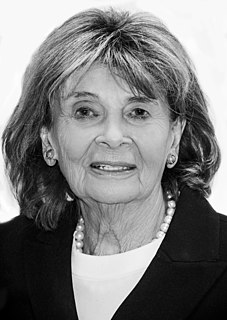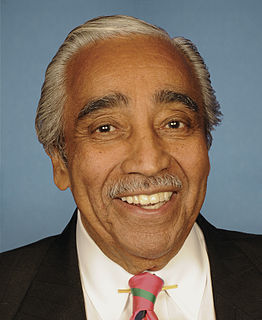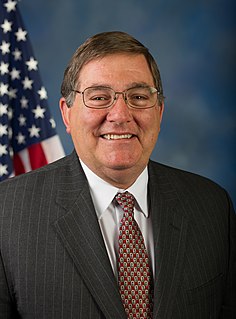A Quote by Lillian Hellman
Nobody outside of a baby carriage or a judge's chamber believes in an unprejudiced point of view.
Related Quotes
I told my students the other day in class, which is about the spirituality and creativity as much as it is about music. I said, 'If you're walking down the street and you see a baby carriage, and there's a baby in the carriage; you look down and your eyes meet the eyes of the baby. The baby looks at you: That's the kind of moment you're in when you're playing.
[On how she goes about trying to live authentically] Well really listening to my point of view and if I am on a set, say, that doesn't really value a woman's point of view, regardless of how they feel, continuing to give my point of view and try to find a way to be heard and not diminishing myself because other people are diminishing me. Because that, I think, is the worst temptation that, you know, you judge yourself by how others are judging you, and to fall into that trap is to walk into the realm of self-annihilation.
Most writers begin with accounts of their first home, their family, and the town, often from quite a hostile point of view-love/hate, let's say. In a way, this stepping outside, in an attempt to judge enough to create a duplicate of it, makes you an outsider. . . . I think it's healthy for a writer to feel like an outsider. If you feel like an insider you get committed to a partisan view, you begin to defend interests, so you wind up not really empathizing with all mankind.
I believe that God protected me. I've experienced many miracles. One day, my father was arrested as I stood nearby on the street. A total stranger who was pushing a baby carriage took my hand and put it on the handle of the carriage, as if I were her child. As soon as it was safe for me, she let me walk home.
But every point of view is a point of blindness: it incapacitates us for every other point of view. From a certain point of view, the room in which I write has no door. I turn around. Now I see the door, but the room has no window. I look up. From this point of view, the room has no floor. I look down; it has no ceiling. By avoiding particular points of view we are able to have an intuition of the whole. The ideal for a Christian is to become holy, a word which derives from “whole.





































